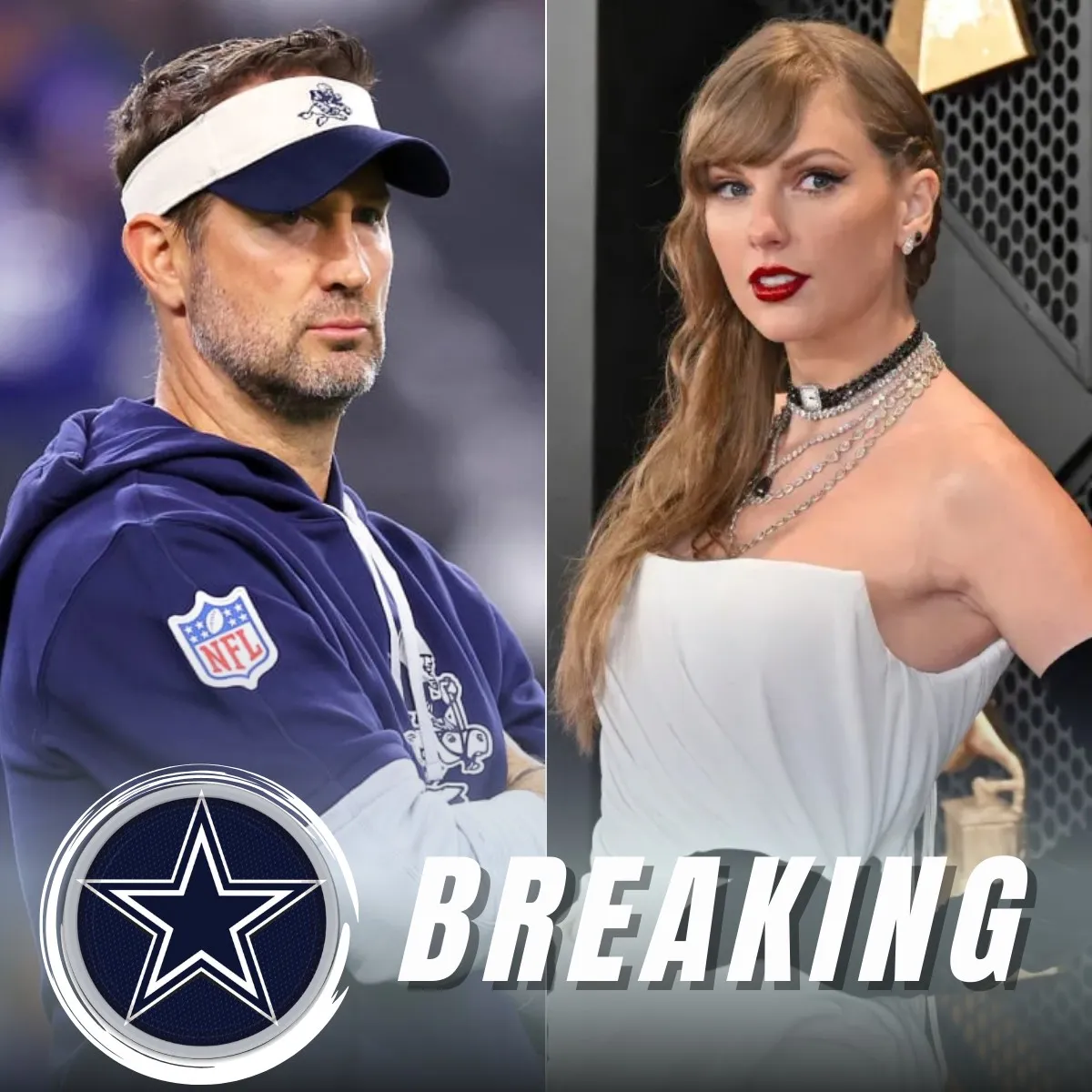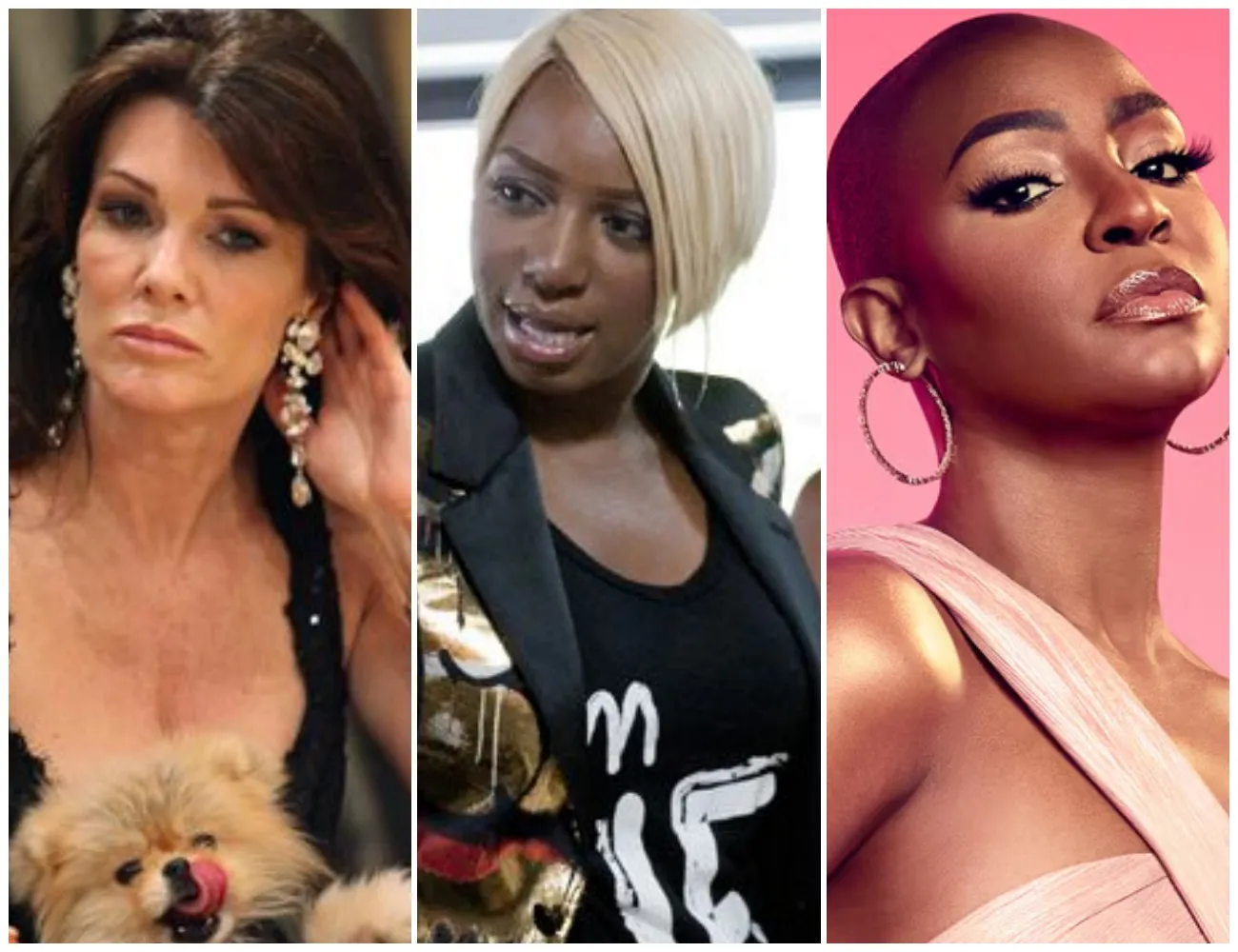
Whoops!
Page not found!
The page you are trying to reach cannot be found. In the meantime feel free to search or check out the articles below.


"Shocking: Teresa Giudice Exposes Melissa Gorga's Vile Revenge, Targeting Her And Luis Ruelas – RHONJ Explodes In Drama!"

RH “Brian Schottenheimer Shocks NFL World — Bans Taylor Swift from Cowboys Games After Super Bowl Blame”

#RHOA Breaking Phaedra Parks confirms being scammed out of $60,000 – shocking truth leaves fans shocked 😱💔full details in the comments

#RHOCBreaking Vicki Gunvalson defends herself after Tamra Judge's veiled criticism of Briana's abusive marriage 🔥 full details in comments

Shocking News: Margaret Josephs Publicly Mocks Melissa Gorga After Fans Spread Video of "The Breast Sticker Dropping Incident at the Event"! 😱

#Breaking: Lisa Rinna Shocked As She Confirms Serious Illness Diagnosis After Months of Enduring 'Worst Symptoms of Her Life' 💔😱





